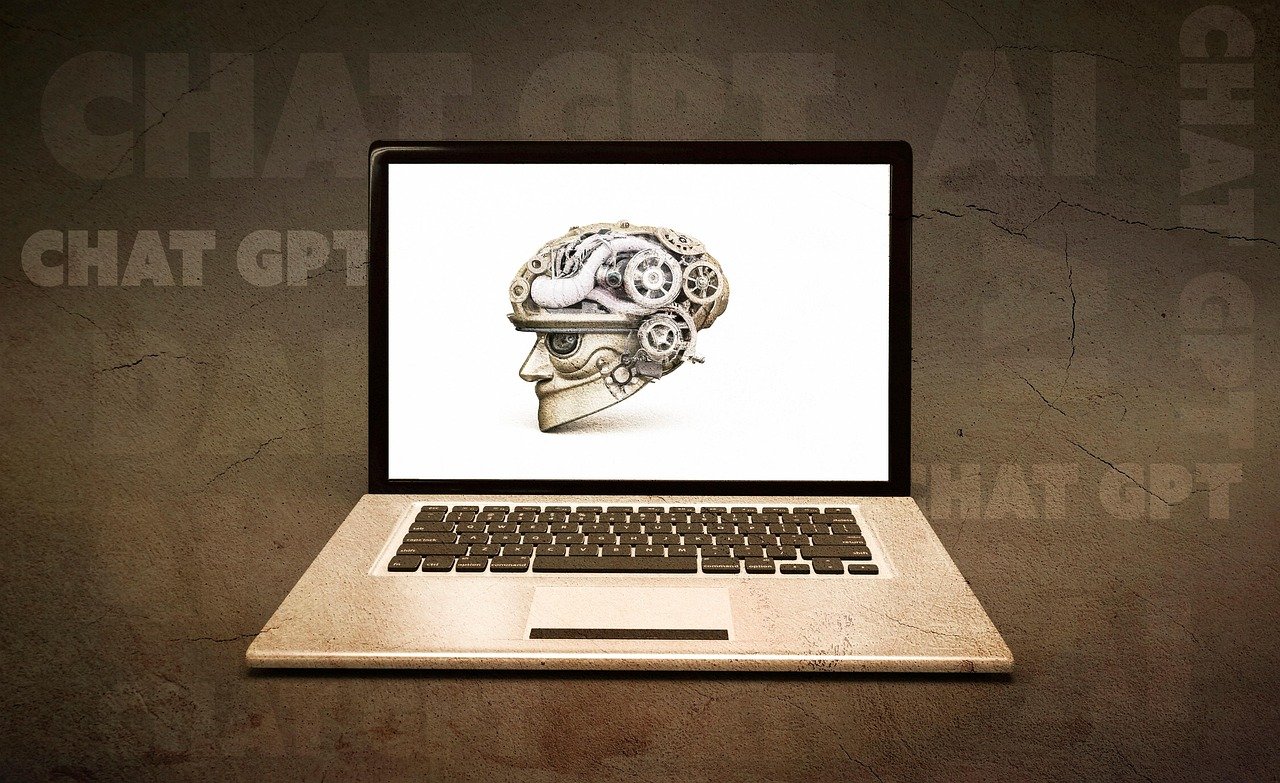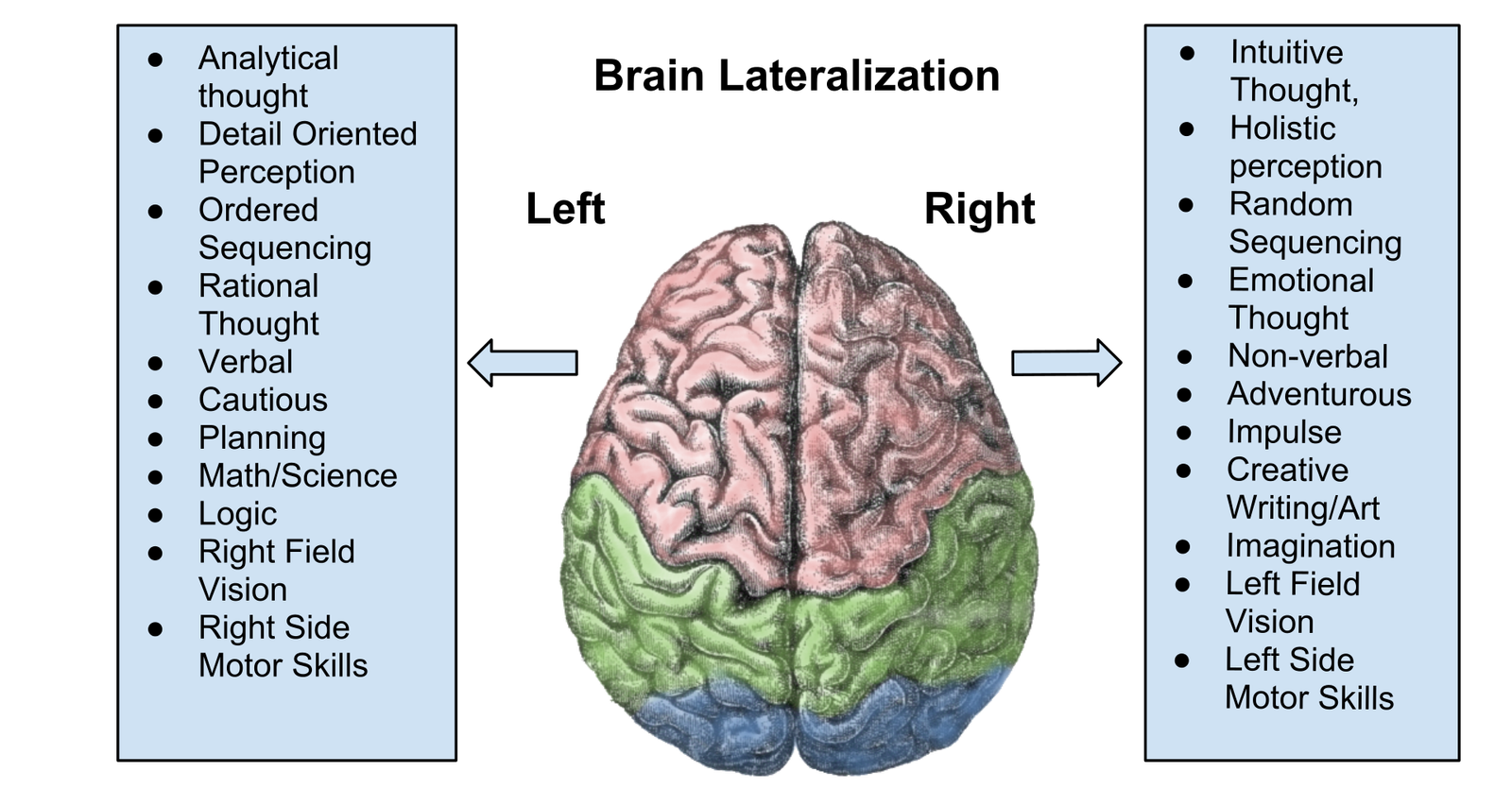Have you ever imagined a world where your thoughts could move objects, talk for you, or even unlock doors? The future that once belonged to science fiction is now tiptoeing into our reality, thanks to brain-computer interfaces, or BCIs. But as this thrilling technology races ahead, it drags with it some hair-raising questions about who’s in charge—us, or the machines that can read our minds. The story of BCIs is not just about dazzling breakthroughs; it’s also about the deeply human dilemmas we face at the dawn of mind-machine fusion.
Breaking the Barrier: What Are Brain-Computer Interfaces?

Brain-computer interfaces are devices that create a direct link between your brain and a computer. Imagine wearing a headset or even having a tiny chip implanted that picks up signals from your brain and turns them into actions outside your body. BCIs are already helping people control robotic arms, play video games with their minds, and even regain speech lost to paralysis. The technology is as fascinating as it is unsettling, giving us the power to bypass our bodies and connect our thoughts to the world in ways we never thought possible. But with this power comes a sense of uncertainty—what happens when our innermost thoughts can be turned into data?
The Power to Transform Lives
The potential of BCIs to change lives is nothing short of inspiring. For people with paralysis, BCIs can offer a lifeline, allowing them to control wheelchairs, type messages, and even shake hands using robotic limbs. In hospitals and rehabilitation centers, BCIs are being used to help stroke survivors relearn how to move or communicate. Beyond medicine, companies are racing to create mind-controlled games or even boost memory and learning. The sense of hope BCIs bring is enormous, but as the technology races ahead, so do the questions about how far we should let it go.
Autonomy: Who’s Really in Control?

One of the most pressing concerns about BCIs is autonomy. If a device can read and influence your brain, does that mean you’re still the captain of your own ship? For BCIs to work, users need to trust that they’re still making their own choices, not being nudged or pushed by a machine—or worse, by someone else. Informed consent becomes a big deal here. People must clearly understand what the technology does, what risks are involved, and what could go wrong. But when the tech is new and complicated, is true understanding even possible? It’s a tough question, and one that doesn’t have easy answers.
Privacy: The Final Frontier

Imagine if someone could peek into your mind and steal your secrets, your memories, or even your fears. That’s the privacy risk with BCIs. These devices can capture the raw data of your thoughts, emotions, and intentions. What if that data got hacked, leaked, or sold to the highest bidder? The idea is chilling, and it’s not just science fiction anymore. Companies and governments need real safeguards to protect people’s mental privacy, but the rules for this new frontier are still being written. Locking up your diary suddenly feels old-fashioned compared to securing your brain data.
Who Gets Left Behind? The Shadow of Inequality

As with many cutting-edge technologies, there’s a real risk that BCIs could deepen the gap between the haves and have-nots. Right now, these devices are expensive, experimental, and mostly available to people in wealthy countries or with deep pockets. If BCIs become the next big step in human ability, will only a privileged few get to level up? That kind of inequality could shape everything from job opportunities to education and social status. Making BCIs accessible and affordable will be a major challenge, and the stakes couldn’t be higher for fairness in society.
The Dark Side: Manipulation and Control

What happens if someone uses a BCI to manipulate your thoughts or actions? The scenario sounds like a dystopian movie, but the risk is real. Governments or corporations could use BCIs to subtly (or not so subtly) influence opinions, moods, or even decisions. Even well-meaning uses—like trying to treat depression—could cross ethical lines if people aren’t fully aware or in control. The possibility of brainwashing or mind control through technology is enough to make anyone uneasy. It’s a slippery slope, and the only way to stay safe is through clear rules and strong protections.
Safety First: The Need for Regulation

If BCIs are going to become a part of everyday life, someone needs to set the rules. That’s where regulation steps in. Policymakers, scientists, ethicists, and regular people all have a seat at the table. They must work together to decide what’s safe, what’s fair, and what’s off-limits. Regulations should cover everything from how BCIs are tested and sold to how user data is protected. But the technology is moving fast, and the laws often struggle to keep up. It’s like trying to build a fence while the horse is already running out of the barn.
Ethics in the Fast Lane

Ethical questions aren’t just for philosophers anymore—they’re right here in the lab, the hospital, and maybe soon, your living room. As BCIs become more powerful, everyone involved needs to think carefully about what’s right and wrong. Should we use BCIs to enhance intelligence or just restore lost abilities? Is it okay to experiment with children or people who can’t fully consent? The ethical landscape is always shifting, and sometimes the right answer today won’t be right tomorrow. It’s a constant conversation, and it matters more with every new breakthrough.
BCIs in Everyday Life: Are We Ready?

It’s easy to get caught up in the excitement of BCIs, but what happens when they leave the lab and become as common as smartphones? Will we see people “texting” with their minds on the subway, or students cheating on exams by downloading answers? Our social norms, laws, and even relationships could change in ways we can’t predict. The thrill of new technology is always mixed with a touch of anxiety about what we might lose along the way. Are we prepared for a world where our thoughts are no longer private?
Personal Reflections: The Human Side of the Equation
As someone who loves gadgets and technology, I find BCIs both exhilarating and a little scary. It’s like standing on the edge of a cliff, peering into a future that could be amazing—or full of pitfalls. BCIs could help my grandfather speak again or let a child with cerebral palsy paint a masterpiece. But would I want my own thoughts recorded, analyzed, or sold? Probably not. The real challenge is keeping our humanity at the center of all this innovation. Technology should serve us, not the other way around.
The Road Ahead: Questions Without Easy Answers

As BCIs push the boundaries of what it means to be human, we’re all left with more questions than answers. How much control should we give to technology that can access our minds? Who decides what’s ethical, and how do we keep up with changes so fast they make our heads spin? The conversation is just beginning, and it’s one that everyone—scientists, lawmakers, and everyday people—needs to be a part of. What would you choose if you could control the world with your mind?


